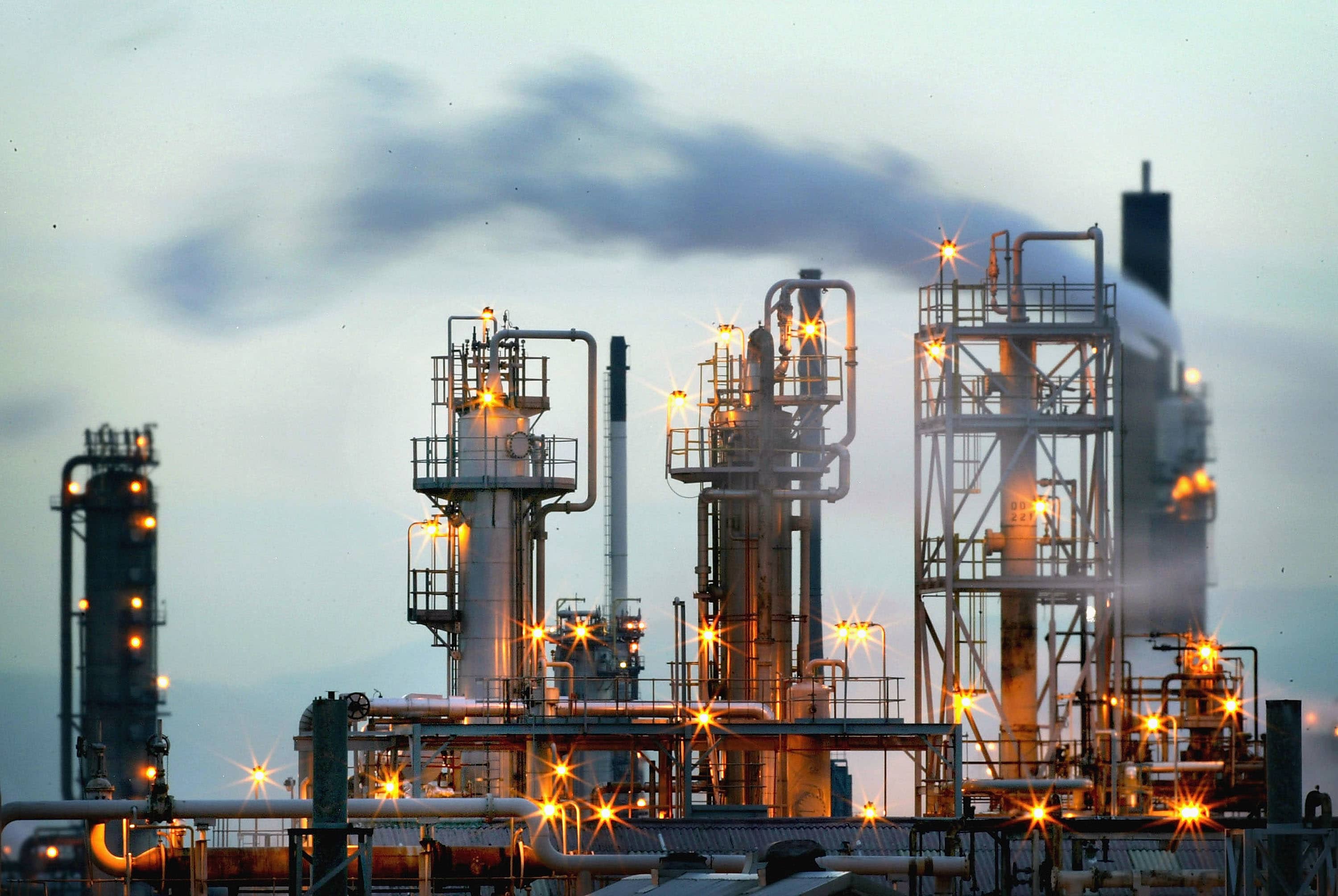
- Oil prices are set to rise in the second half of the year, as supply struggles to meet demand, according to an official at the International Energy Forum.
- Joseph McMonigle, Secretary General of the International Energy Forum, attributes the rise in oil prices to growing demand from China and India – two of the largest oil consumers just after the United States.
- McMonigle also spoke to CNBC about the LNG market, attributing stability in Europe’s energy market to a warmer-than-expected winter in 2022.
Oil prices are expected to rise in the second half of 2023, according to the International Energy Forum.
Christopher Furlong | Getty Images News | Getty Images
Oil prices are set to rise in the second half of the year as supply struggles to meet demand, according to the Secretary-General of the International Energy Forum.
Oil demand has rebounded to pre-Covid levels quickly, “but supply is having a harder time catching up to the slump,” said Joseph McMonigle, Secretary General of the International Energy Forum, adding that the only factor adjusting prices right now is fear of a looming recession.
“So, in the second half of this year, we’re going to have serious problems keeping up with supply, and as a result, you’re going to see prices respond to that,” McMonigle told CNBC on the sidelines of a meeting of energy ministers from the Group of 20 leading industrialized economies (G20) in Goa, India, on Saturday.
McMonigle attributes the drive to oil prices to increased demand from China – the world’s largest importer of crude oil – and India.
“India and China combined will account for two million barrels per day of increased demand in the second half of this year,” the Secretary-General said.
When asked if oil prices could rise again to $100 a barrel, he indicated that prices are already at $80 a barrel and could go up from here.
“We’re going to see a sharp decline in inventory, which will be a signal to the market that demand is definitely picking up. So you’ll see prices respond to that,” McMonigle said.
However, McMonigle is confident that the Organization of the Petroleum Exporting Countries and its allies – collectively known as OPEC + – will take action and increase supply, if the world eventually succumbs to a “significant supply-demand imbalance”.
“They’re very careful about demand. They want to see evidence that demand is picking up, and they’ll respond to changes in the market.”
Brent crude futures with September ending settled at $81.07 a barrel on Friday, while WTI for September delivery ended the trading day at $76.83.
McMonigle also spoke about the LNG market, pointing to Europe’s energy market stabilizing to a warmer-than-expected winter in 2022.
“It was probably the happiest weather that’s ever happened,” he said, but warned, “It’s not just this winter, [but] Next winter’ that might be rocky.
He said global policy makers cannot get complacent just because LNG prices have fallen, and more investment in renewable energy is needed to ensure the lights go on.
The LNG-powered container ship “Containerships Borealis” of shipping company Borealis is docked at the port at HHLA’s Burchardkai terminal.
Image Alliance | Image Alliance | Getty Images
Once a “whisper,” energy security is now a major focus at summits like the G-20 summit, McMonigle noted.
“We definitely have to continue to follow the energy transition, and all options must be on the table,” he stressed, adding that prices and fluctuations in energy markets must be closely monitored.
“I worry that if the public begins to link higher prices and volatility in energy markets to climate policies or the energy transition, we will lose public support,” he said.
“We’re going to ask the public to do a lot of hard, tough things in order to enable the energy transition. We need to keep them on board.”




More Stories
JPMorgan expects the Fed to cut its benchmark interest rate by 100 basis points this year
Shares of AI chip giant Nvidia fall despite record $30 billion in sales
Nasdaq falls as investors await Nvidia earnings